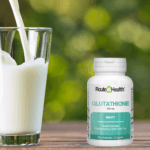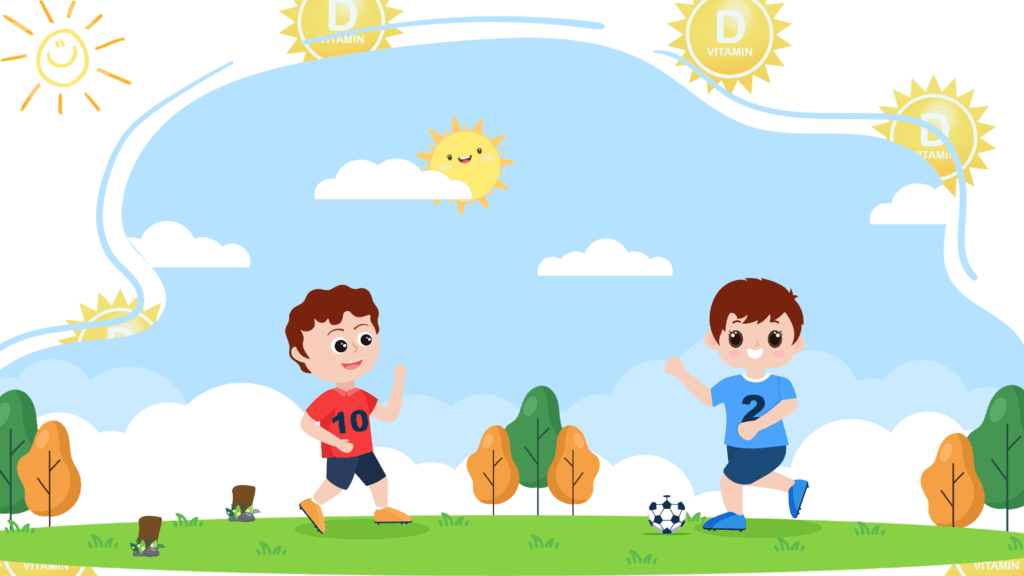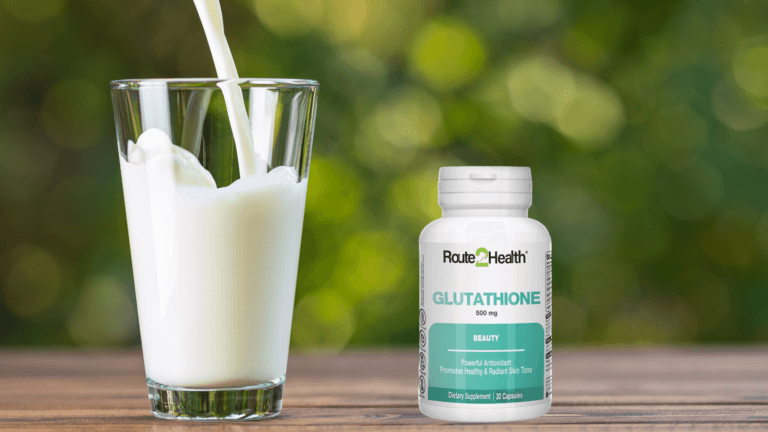
Berdi
urinary Track Health
Do you often wonder how to keep your children healthy and strong? Vitamin D is an essential vitamin for kids! This vitamin promotes bone growth, boosts the immune system, and improves health. But how much vitamin D do children genuinely need each day? This article will cover everything you need to know, explaining the right amounts of Vitamin D for kids of different ages. We’ll also discuss how to ensure your children get enough of the sunshine vitamin. Let’s get started and learn how to help your kids shine with the benefits of vitamin D!
Vitamin D, or calciferol, is a vital vitamin. Our bodies need it to stay healthy. The body can store a fat-soluble vitamin in its fat. Some foods that include vitamin D are fatty fish and fortified milk. Some foods have fortified diets to provide enough vitamin D. Our bodies also make vitamin D from sun exposure. The sun helps our skin make vitamin D. Its UV radiation causes this.
Vitamin D is essential for children’s health. It boosts the immune system and aids bone growth. It also aids the body’s absorption of calcium, which is necessary for healthy bones and teeth. Vitamin D deficiency can cause health problems, including rickets, and weaken children’s bones. Adequate vitamin D consumption in children is vital for their health and development.
According to UNICEF, nearly 50% of children worldwide lack enough vitamin D. Vitamin D deficiency is more common than you might think. Indoor lifestyles, sunscreen use, and living in low-sun areas cause this issue. Nearly one in ten U.S. children lacks enough vitamin D, and many have low levels.
Vitamin D is essential for children’s health. It strengthens their bones and improves their immune system. But how much vitamin D do kids need each day?
According to the American Academy Of Paediatrics, Recommended Dietary Intake (RDI) by Age is :
Children’s vitamin D requirements alter as they develop. Babies need less vitamin D because their bodies are smaller and continue developing. As children grow, they need more vitamin D. It helps them grow fast and build strong bones.
Vitamin D is vital for children. They can get it from sunlight, some foods, and, in some cases, supplements. Ensure your child gets enough vitamin D. It will keep them healthy and active!
According to the National Institute of Health, Children should spend 5–30 minutes in the sun to get enough vitamin D.

Vitamin D for kids can also be obtained by food. Foods rich in vitamin D for kids include :

If sunlight or food sources do not provide a child with the required vitamin D, the child may need supplements. Vitamin D helps build strong bones and supports the immune system. Parents can help support their children’s growth and overall health by understanding the importance of Vitamin D and its supplements.
The signs and symptoms of vitamin D deficiency are
Some children are at increased risk of deficiency, including those who :
According to NIH, Too much sunlight can be harmful due to UV rays. Parents should follow safe dosage limits to avoid overdosing and any post-effects.
According to the CDC, finding a balance between getting enough sun and protecting the skin is essential. Short playtimes outside are good, but always use sunscreen after a few minutes in the sun.
Vitamin D is necessary for children’s development and general health. It helps to strengthen bones and boost the immune system. Children’s vitamin D needs vary. Babies need 400 IU, and children aged 1 to 18 need 400 to 1,000 daily.
Sunlight, some foods, and some supplements can boost vitamin D. Parents should look for signs of deficiency, like fatigue or slow growth, and ensure their children get enough but safe sun exposure.
Also, a supplement like Kid’s One Daily from Route2Health may help. It can ensure your child gets the critical nutrients for growth. Balanced nutrition, exercise, and some sun are essential for kids’ health. Putting these components first, you may help your kid build strong bones, boost their immune system, and start a healthy future.
Vitamin D assists the body in absorbing calcium, which is necessary for strong bones and teeth. It also strengthens the immune system, which helps children stay healthy.
Sunlight, fortified milk, and fatty fish are all sources of Vitamin D for children, as are supplements if necessary.
Fatigue, slowed development, bone discomfort, and recurrent sickness are among the most common symptoms.
Yes, it is critical to follow the specified doses. Before beginning any supplement regimen, always visit a healthcare physician.











©2023 Route2Health®️
NTN: 2229383
AN ASSOCIATED COMPANY OF HIGHNOON LABORATORIES
STRN: 0301999937728

WhatsApp us
